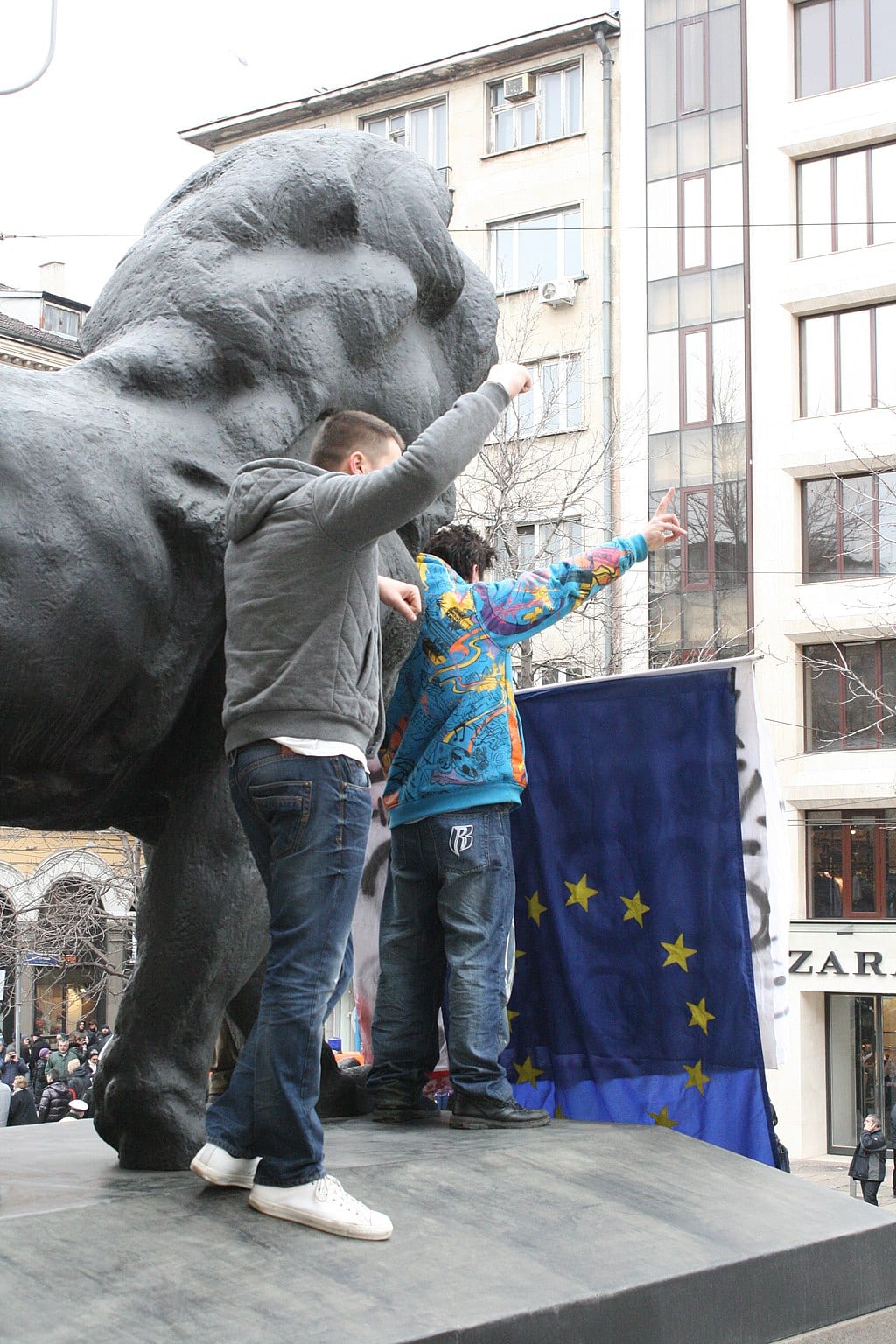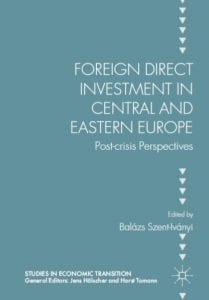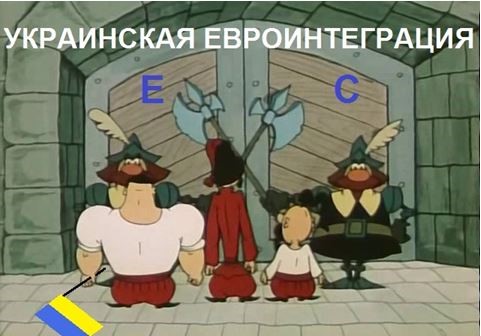By Dr Philipp Koker, Honorary Research Fellow at UCL SSEES
This blog originally appeared at http://www.presidential-power.com and is reproduced with kind permission
The result of the ‘Brexit’ referendum in the United Kingdom on 23 June has created waves across and beyond the British Isles and the European continent. As many still tried to come to terms with the UK’s (almost) inevitable withdrawal from the European Union, several representatives of populist and fringe parties across Europe already called for similar ‘exit’ referenda for their own countries. The Czech Republic is particularly interesting in this regard as it was Prime Minister Bohuslav Sobotka who was first credited with floating the possibility of a ‘Czexit’ in February this year but then publicly distanced himself from the possibility. Now, president Miloš Zeman has reignited the debate by calling for a public vote on EU (and NATO) membership of the country.

President Miloš Zeman (left) meets Martin Schulz, president of the European Parliament | © 2013 by hrad.cz
The UK referendum on EU membership has given rise to many calls for a similar votes in other countries. Far-right and populist leaders and presidential hopefuls, such as Marine Le Pen, have already called for a ‘Frexit‘ referendum in France and other variations of ‘-xit’ referenda in their countries. Although the anti-EU sentiment is most strongly represented in parties of the (far) right, demand for referenda has also come from the left and ideologically less defined populist actors, most prominently from Czech president Milos Zeman.
Shortly after the results of the UK vote broke, Zeman declared that – although in favour of EU membership – he would do everything for citizens feeling otherwise ‘to express themselves’, also with regard to NATO membership (a demand already made in February 2016 but quickly forgotten). Support for EU membership and trust in the EU institutions in the Czech Republic tends to be below average in comparison to other member states, yet is far from ranking lowest in the table. In the last year, criticism of and dissatisfaction with the EU has primarily been associated with the refugee crisis and the EU’s decision to impose quotas on its member states. The populist movement ‘Dawn’ recently submitted a motion to debate the possibility of a Czexitreferendum in parliament and the election of an MEP of the eurosceptic fringe Party of Free Citizens (SSO) in 2014 indicates that there is a part of the electorate that responds to anti-EU rhetoric.
Nevertheless, the Czech president does not possess any power to call referenda at will (a power reserved for only few presidents around the world) – the Czech constitution also only mentions referenda in a clause inserted to allow for the EU accession referendum in 2003 (in which case a special organic law was passed to allow for the referendum – the only one held in the Czech Republic to date). Furthermore, the government has made it clear that it opposes any public vote on EU membership. A Czexit or even a referendum on the Czech Republic leaving the European Union thus seems unlikely. Nevertheless, EU membership (and to a lesser degree NATO) membership presents a political cleavage which could be successfully mobilised in the upcoming parliamentary and presidential elections (2017 and 2018, respectively), particularly in conjunction with the refugee crisis. After Zeman’s approval had dropped sharply a year ago due to his position in the Ukraine crisis and a series of gaffes, his ratings have since improved and stabilised once again around 57-58% over the last months. By calling for a EU referendum yet supporting membership at the same time, Zeman could thus try to dance at two weddings at once – attract Eurosceptic voters (who will probably vote for a fringe candidate in the first round but could prove decisive in a potential runoff) while not losing too many mainstream voters.
The do-over the Austrian presidential election might provide a first test of how such a tactic might work out. Far-right presidential candidate Norbert Hofer initially suggested that the Austrian people should be given a say over further EU integration and in his campaign greatly benefited from anti-EU sentiment related to the refugee crisis. Following statements by his decidely pro-EU challenger, Alexander Van der Bellen (independent/Greens), last week he was however forced to acknowledge that it would disastrous for Austria if the country left the EU. In order to maintain the momentum of his campaign and keep the anti-establishment vote, Hofer must nevertheless try to balance pro- and anti-EU voters which could – if successful – provide a template for Zeman and the Czexit referendum question.
Please note: Views expressed are those of the author(s), and do not represent those of UCL, SSEES or UCL SSEES Research Blog

 Close
Close









